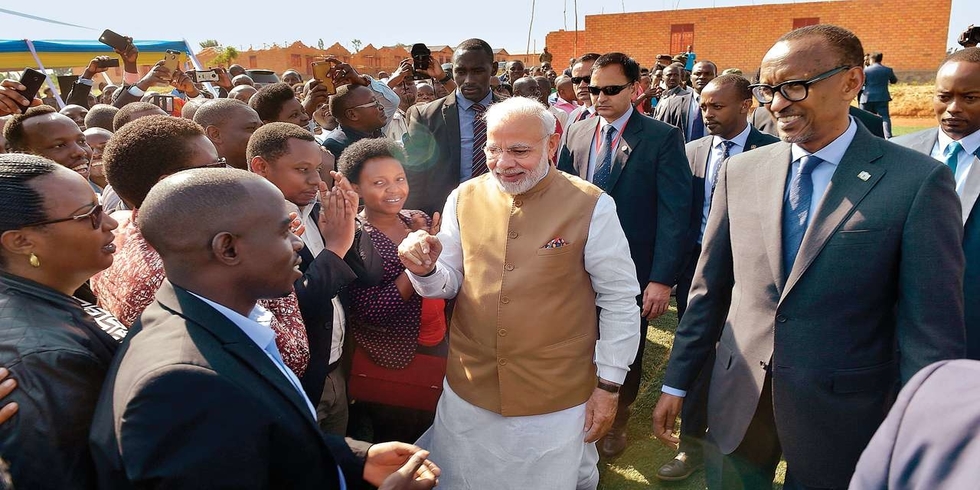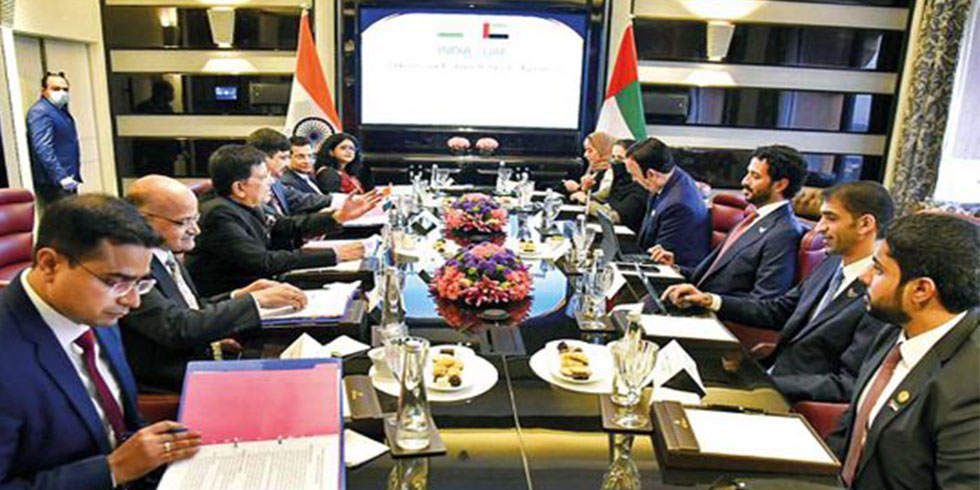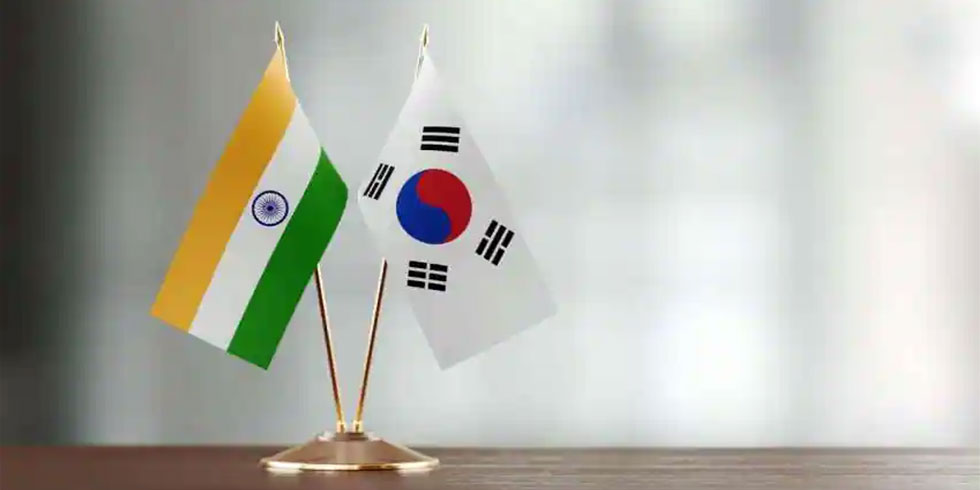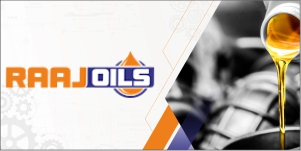In recent years, India has increased its global ambitions and foreign policy engagements with African countries. Bilateral trade grew from $ 7 billion in 2001 to $63 billion in 2018. India is now the continent's third largest export destination and fifth largest investor. As a desk officer in the early 1990s and as Joint Secretary from 2005 to 2008, I was intimately involved in the evolution of India's Africa Policy.
India was at the forefront of the anti-apartheid movement in South Africa. Due to old trade links, the continent also has a sizable Indian diaspora. By hosting the First India Africa Forum Summit in 2008, India took a significant step toward significantly improving its relationship with the continent.
Over the last ten years, India has signed new bilateral agreements, established new embassies, and actively promoted trade, infrastructure, and private-sector investment. The goal of India's engagement is to help Africa help itself through capacity building projects that highlight, for example, the success of India's green revolution and advances in ICT. Furthermore, a resource-rich Africa and a resource-limited India complement one another. Both are emerging economies with complementary skill sets.
Due to a lack of a robust domestic pharmaceutical industry, Africa relies on imports. Because of lower prices and high demand, India ranks third in the world in pharma production by volume and 13th in terms of value. This, combined with the ability to manufacture 60 percent of the world's vaccines, has earned India the title of "world pharmacy." Almost 20% of our pharma exports, valued at $17 billion, are to Sub-Saharan Africa, primarily South Africa, Nigeria, Kenya, Ghana, Sudan, and Tanzania. Apart from South Africa, the three largest continents are Algeria, Egypt, and Morocco. The historical role of India in assisting large numbers of relatively poorer nations, particularly in Africa, in dealing with HIV, tuberculosis, and malaria through low-cost generic medicines is widely acknowledged.
The expertise of India in producing generic drugs that sell for one-fourth of their international cost was a game changer. CIPLA, an Indian company, offered the antiretroviral (ARV) drug for US$ 350 per person per year, compared to the big pharma's price of USD 10,000-15,000. In 2017, two Indian generic pharma companies, Mylan and Aurobindo, offered ARV for $75 per year for supply to 92 countries, the majority of which were in Africa. Growing ARV coverage has resulted in a significant drop in HIV prevalence in Africa. Another seminal step was taken by the Serum Institute of India, which introduced MenAfriVac at a cost of only US$ 0.50 per vaccination, which helped control meningitis in Africa. Africa, for its part, offers its experience in successfully containing Ebola and other diseases for Indian healthcare.
In addition, India sent medicines such as hydroxychloroquine, paracetamol, and other drugs to 25 African countries to help them fight the pandemic. Africa's reliance on affordable and quality medicines, as well as affordable Covid 19 vaccines, has grown as a result of India's active medical diplomacy. In keeping with tradition, India has offered to assist Omicron variant-affected countries by supplying vaccines, life-saving drugs, test kits, gloves, PPE kits, and medical equipment such as ventilators, among other things, through WHO's Covax facility or bilaterally. India has also expressed interest in cooperating on genomic surveillance and virus characterization research.
India and South Africa made the first proposal for a temporary waiver of the TRIPS agreement on drugs and Covid 19 vaccines for prevention and containment in October 2020, with no results. However, primarily African countries have shown growing support for the proposal since then. A revised proposal was submitted in May 2021, with 62 co-sponsors, including India, South Africa, and Indonesia. India has emphasised the importance of incorporating the waiver into the WTO's response package before the next Ministerial meeting, which has been postponed ironically due to concerns about the Omicron variant. According to a recent UNCTAD report, developing countries will be $8 trillion poorer by 2025 as a result of the covid crisis, and the cost of delayed vaccination will be $2.3 trillion in terms of lost income.
The African pharmaceutical market, which is currently valued at 24 billion dollars, is poised for expansion as the continent's peace and prosperity improve. Pharma is an important part of India's trade expansion strategy. Africa is on its way to developing regional medical hubs and tapping into pharmaceutical markets to produce and distribute generic drugs, reducing reliance on foreign countries for medical treatment. Kenya, Nigeria, and South Africa can learn from India's success in establishing a strong and sustainable domestic manufacturing industry. CIPLA, for example, has formed a joint venture to establish facilities in Algeria and Morocco, where manufacturing margins are higher than in India. CIPLA has announced plans to establish a biosimilar facility in South Africa to treat cancer and autoimmune disorders. African countries pooling their public procurement of medicines can be another important step toward improving access.
The triennial India-Africa Summit, the duty-free preferential trading scheme, and the Pan African e-network have all increased India-Africa cooperation in the health sector. During the third Summit in 2015, India announced a $10 million contribution to the India Africa Health Fund. India and Africa remain committed to working together at the political and policy levels to overcome challenges in public health cooperation.














Add Comment